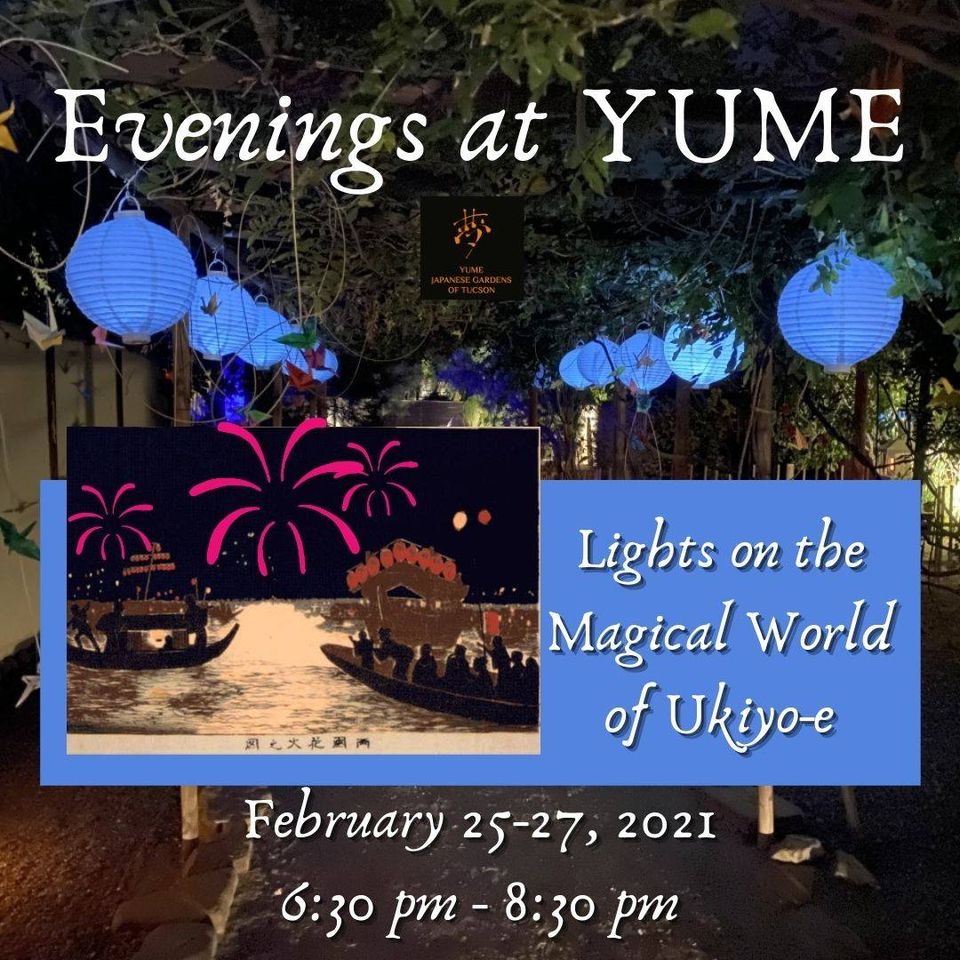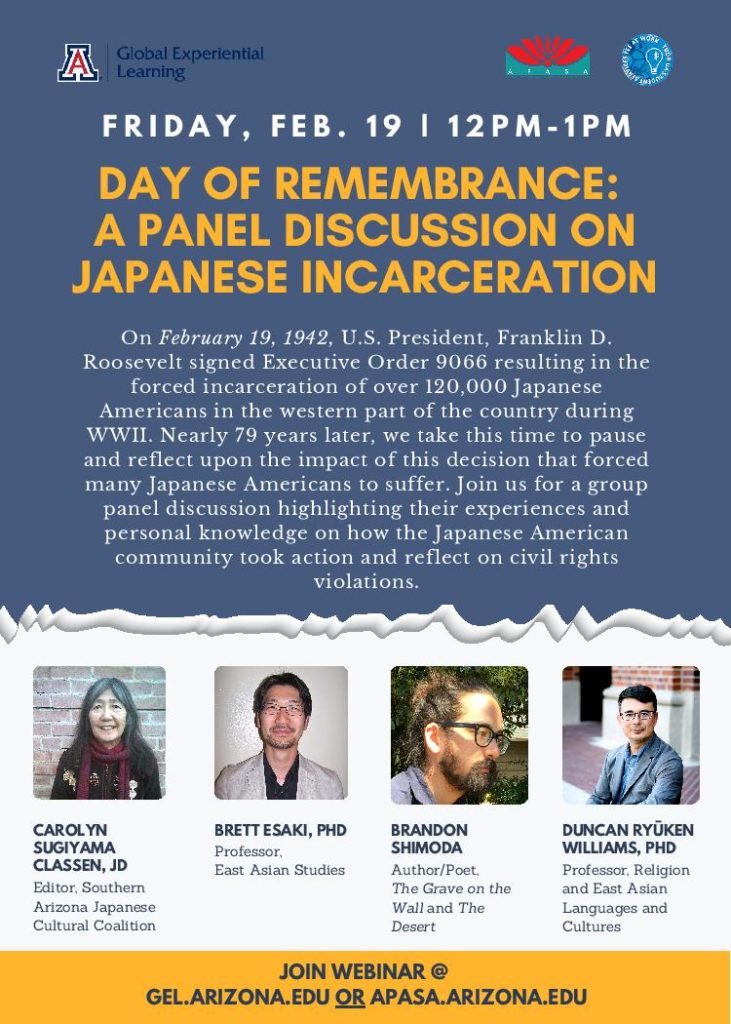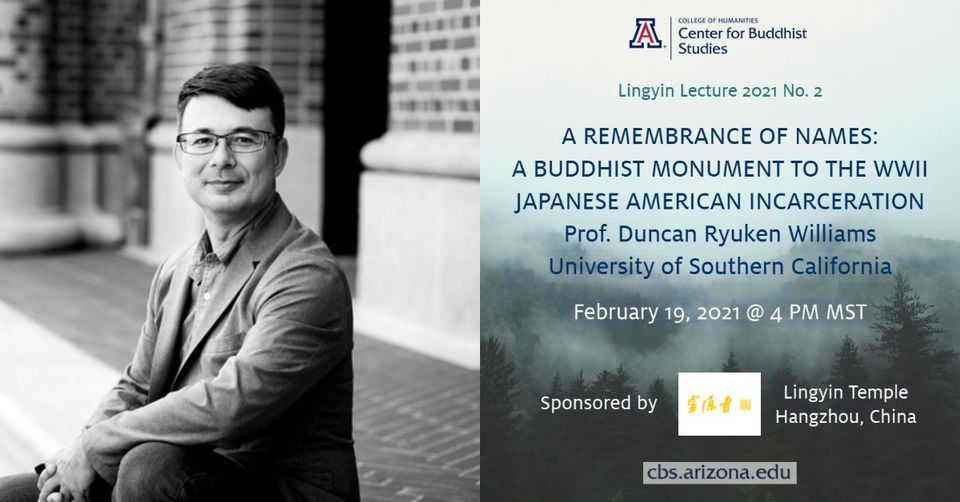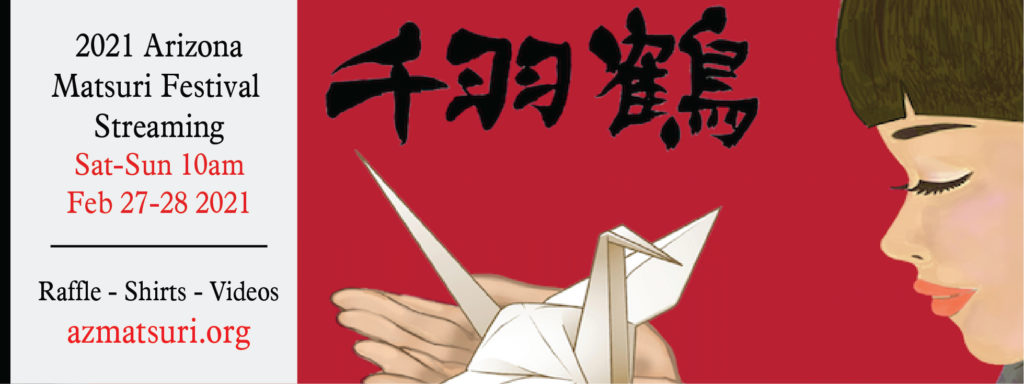Yume Japanese Gardens closed temporarily on January 7 due to the rise in COVID-10 pandemic cases, but is scheduled to re-open at 9:30 a.m. on February 25. That evening and on the next two evenings, enjoy lights of the magical world of ukiyo-e.
“Our enchanting Evenings at Yume are back!

Come and discover the magical world of Ukiyo-e, “Paintings of the Floating Worlds”, while strolling Yume’s paths after dark. Projections of many of these famous prints will be shown all around the Gardens and will animate the nights.’
The event draws on Japanese illustrations of lively entertainments in the pleasure quarters of Edo (old Tokyo). Called Ukiyo-e, these woodblock prints and paintings from the 17th to the 19th centuries capture Kabuki actors, geishas, and scenes from folk tales.
The glow of Japanese lanterns will enhance the atmosphere of Lights on the Magical World of Ukiyo-e. Evenings at Yume: Lights on the Magical World of Ukiyo-e will preview the upcoming Ukiyo-e exhibition soon to be featured at the garde
The participation in this event will be scheduled in increments of 1 hour per time slot (6:30pm-7:30pm OR 7:30pm-8:30pm) to guarantee social distancing to our visitors. This is a limited admission event.”
General admission: $16 adults – Children under 15: $5 – Members: $10.




